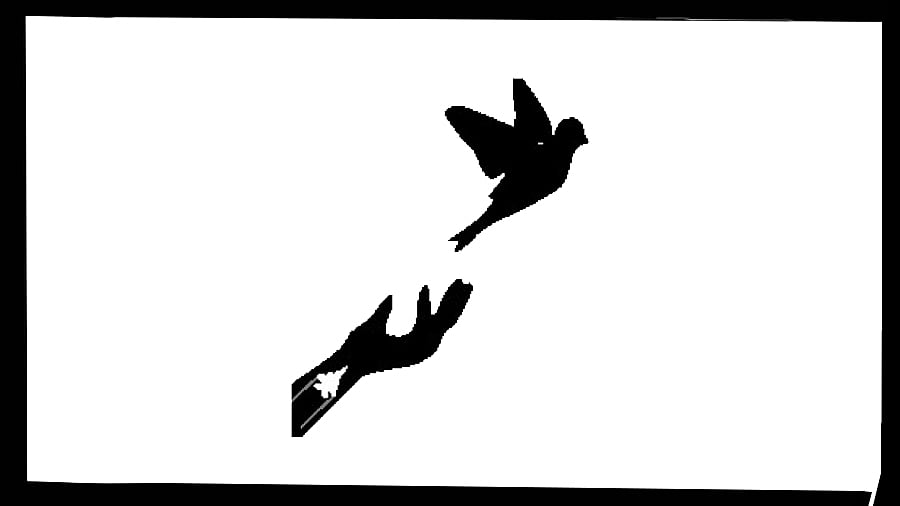
The recent decision by the United Kingdom, France, Canada, and Australia to recognise the state of Palestine is being hailed as a historic turning point. But history will likely record it as little more than symbolism unless it is matched by decisive action. Recognition without consequences for Israel’s genocide in Gaza and land theft in the West Bank changes nothing.
For decades, these same governments have gone out of their way to defend Israel, often repeating its propaganda even as evidence of war crimes piled up. Since October 7, 2023, their leaders echoed Israel’s “right to defend itself”, as though this erased the images of tens of thousands killed, neighbourhoods levelled, and hospitals reduced to rubble.
In London, Prime Minister Rishi Sunak declared, within days of the Hamas attack, that Britain stood with Israel “not just today, not just tomorrow, but always”. In Paris, Emmanuel Macron insisted that “Israel has the right to defend itself, and it is legitimate”. Canada’s Justin Trudeau warned that criticism of Israel’s military campaign risked “fuelling antisemitism”, while his government approved military export permits as bombs fell on Gaza. Australia’s Anthony Albanese similarly emphasised Israel’s “right to defend itself” while his foreign minister dismissed calls for an arms embargo.
Such rhetoric not only provided cover for Israel’s crimes, but also entrenched a false equivalence between a besieged and occupied people, and one of the world’s most heavily armed states backed by Washington. By endlessly invoking Israel’s right to self-defence, these governments erased the rights of Palestinians under occupation, including their right to resist dispossession and extermination.
Meanwhile, Israeli expansionism has only accelerated. Since its first West Bank settlement after the 1967 war, Israel has established more than 160 settlements across the West Bank and occupied East Jerusalem, now housing about 700,000 settlers – all illegal under international law. Even during its war on Gaza, it advanced plans for thousands of settler homes, threatening what little territorial continuity remains. And in July 2025, the Knesset backed a motion calling for annexation of the West Bank, a move widely condemned as a clear violation of international law.
The Zionist ideology driving this has always been expansionist. In the early 20th century, it established towns, colonies, and financial institutions to funnel Jewish capital into Palestine, laying the foundations of a Jewish state across Palestine. Land acquisition was seen as the key to statehood and pursued with ruthless intent. Dispossession was not incidental; it was the objective. That legacy continues in the destruction of villages, forced evictions in East Jerusalem, and the encirclement of the West Bank.
If Western powers that now recognise Palestine were serious, they would confront this ideology. They would disavow Zionism as the engine of settler-colonial expansion and impose sanctions until Israel halts settlement construction, dismantles the colonies, and ends the blockade of Gaza. They would suspend all arms sales and military cooperation, as they did with Russia after it invaded Ukraine.
Instead, they have refused even the most minimal steps. London and Paris have introduced limited suspensions but continue to authorise other defence exports to Israel. Ottawa froze new permits in 2024, but the scope of its restrictions is being debated. Canberra has kept up security and defence ties, including intelligence exchanges, though rarely admitting them in public. At the UN, these same governments abstained or voted against resolutions calling for a ceasefire and accountability, shielding Israel from meaningful censure as the devastation mounted in Gaza.
Sovereignty beyond tokenism
These governments argue that recognition of Palestine keeps alive the “two-state solution”. But their failure to act gives Israel free rein to destroy the very possibility of such a solution. What kind of Palestinian state can exist when the West Bank is fragmented into isolated enclaves connected only by Israeli-controlled checkpoints, when its water resources are expropriated, when its land is carved apart by settlements and settler-only roads?
Israel itself has made clear that it will never permit Palestinian sovereignty. Netanyahu declared weeks ago that “there will never be a Palestinian state”. His coalition, dominated by ultranationalists, insists on annexation. Israel has pledged to expand its settlement enterprise further.
Western governments know this. They also know that without sanctions, Israel has no reason to stop. Yet, they continue to issue statements about international law while refusing to enforce it. Recognition of Palestine under these conditions is no strategy for justice. It is a concession to outrage, a way to placate domestic audiences horrified by Gaza’s images without jeopardising ties with Tel Aviv or Washington.
And Washington remains the key. The United States continues to bankroll Israel’s war machine, providing billions in aid and using its veto at the UN Security Council to block even the mildest calls for an immediate ceasefire. Just days ago, it wielded that veto again for the sixth time, ensuring that the slaughter in Gaza would continue unchecked. Israel acts with impunity because it knows it has unconditional American backing. So long as that remains the case, Britain, France, Canada, and Australia’s gestures will change nothing.
Palestinians are not asking for token recognition. They are demanding freedom, sovereignty, and the end of occupation. Unless Western powers are prepared to defend Palestine’s right to defend itself with the same zeal they defended Israel’s genocide, their hypocrisy will remain exposed. The recognition of Palestine may be historic in one sense – these countries spent decades backing Israel – but history will not be kind to those who offered symbolism while a people were destroyed.
(The writer is an assistant professor with the Department of Professional Studies, Christ University, Bengaluru)
Disclaimer: The views expressed above are the author's own. They do not necessarily reflect the views of DH.